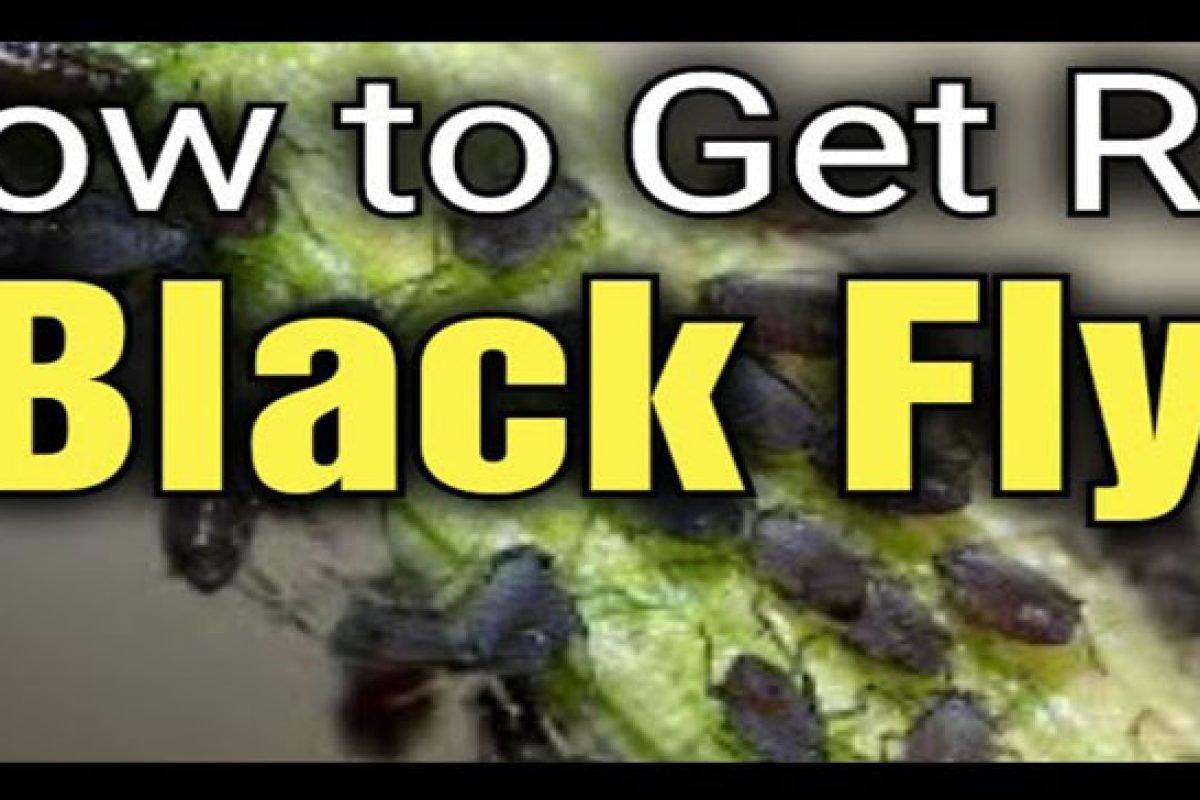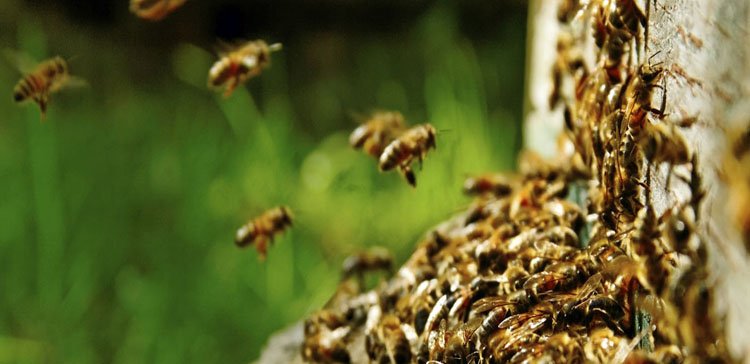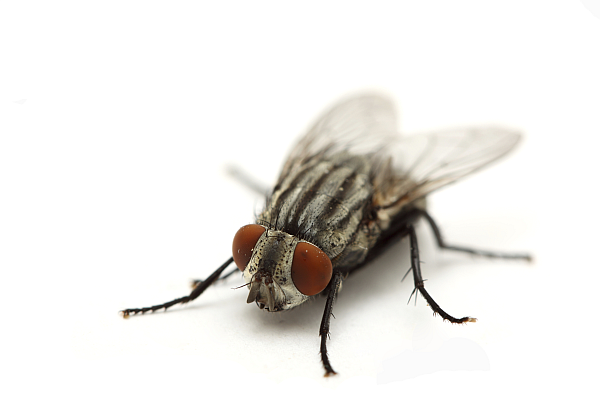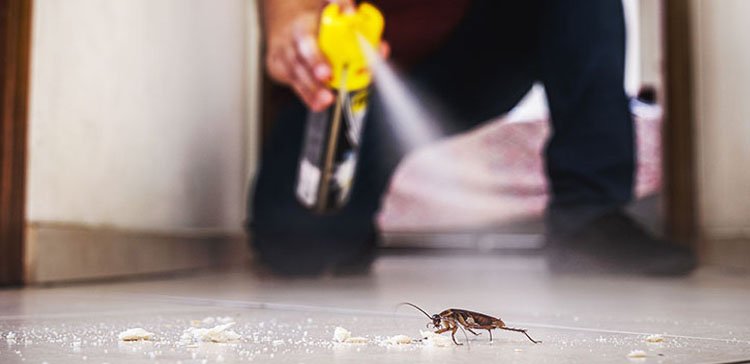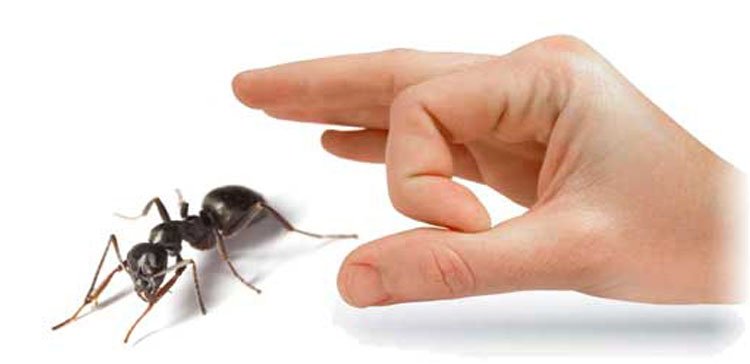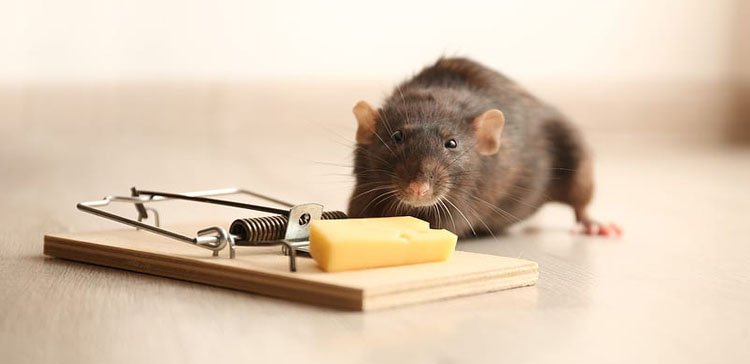Get Rid of Black Fly on Plants
Black flies, also known as aphids or greenflies, can quickly become a gardener’s nightmare. These tiny, sap-sucking insects feed on the sap of plants, weakening their growth and potentially transmitting diseases. If left unchecked, a black fly infestation can lead to stunted plant growth, distorted leaves, and even the death of the affected plants. Thankfully, there are several effective and environmentally friendly methods to combat these pests and protect your plants
1. Pruning and Removing Affected Plant Parts
Inspect your plants regularly for signs of black fly infestation. If you notice clusters of small, soft-bodied insects on the stems, leaves, or buds of your plants, it’s likely an aphid infestation. Start by pruning and removing the most affected parts of the plant. Dispose of the infested plant material away from your garden to prevent the spread of black flies to other plants.
2. Strong Water Spray
One of the simplest and least harmful ways to control black flies is by using a strong water spray. Use a garden hose with a nozzle attachment to direct a forceful stream of water at the infested plants. The pressure will dislodge the black flies, washing them off the plant. Repeat this method regularly, especially in the early morning or late afternoon when black flies are most active.
3. Insecticidal Soap
Insecticidal soap is a natural and safe remedy for black fly infestations. It works by breaking down the protective outer layer of the insects, leading to dehydration and eventual death. You can purchase insecticidal soap from garden centers or make your own by mixing a mild liquid soap (not detergent) with water. Spray the solution directly onto the affected parts of the plant, ensuring thorough coverage. Repeat the application every few days until the infestation subsides.
4. Neem Oil
Neem oil is another effective natural remedy for controlling black flies. Derived from the neem tree, this oil has insecticidal properties that disrupt the life cycle of black flies. Mix neem oil with water according to the instructions on the product label and spray it onto the affected plants. Neem oil not only kills black flies but also acts as a deterrent, preventing them from returning to the treated plants.
5. Beneficial Insects
Introducing beneficial insects to your garden can be a proactive and sustainable approach to controlling black flies. Aphids are naturally attacked by ladybirds and lacewings, which can help control the aphid population. You can attract these beneficial insects by planting a diverse range of flowering plants and herbs in your garden. Avoid using broad-spectrum insecticides, as they can harm both harmful and beneficial insects.
6. Companion Planting
Companion planting involves growing certain plants together to promote a mutually beneficial relationship. Some plants, like marigolds, chives, and garlic, have natural repellent properties against black flies and other pests. Intercropping these plants with your susceptible plants can help deter black flies and reduce infestations.
7. Homemade Garlic Spray
Garlic has natural insect-repellent properties that can be used to ward off black flies. To make a homemade garlic spray, blend several garlic cloves with water and strain the mixture. Dilute the strained liquid with more water and add a few drops of dish soap. Spray this garlic solution onto your plants, focusing on the areas affected by black flies. The pungent scent will act as a deterrent, keeping the insects away.
Conclusion
Black fly infestations can be frustrating, but with a combination of preventive measures and natural remedies, you can effectively get rid of these pests and protect your plants. Regular inspection, pruning, and the use of methods like strong water spray, insecticidal soap, neem oil, beneficial insects, companion planting, and homemade garlic spray can help you maintain a healthy and thriving garden free from the nuisance of black flies. Remember to be consistent with your chosen method and practice good garden hygiene to keep your plants safe and vibrant.

